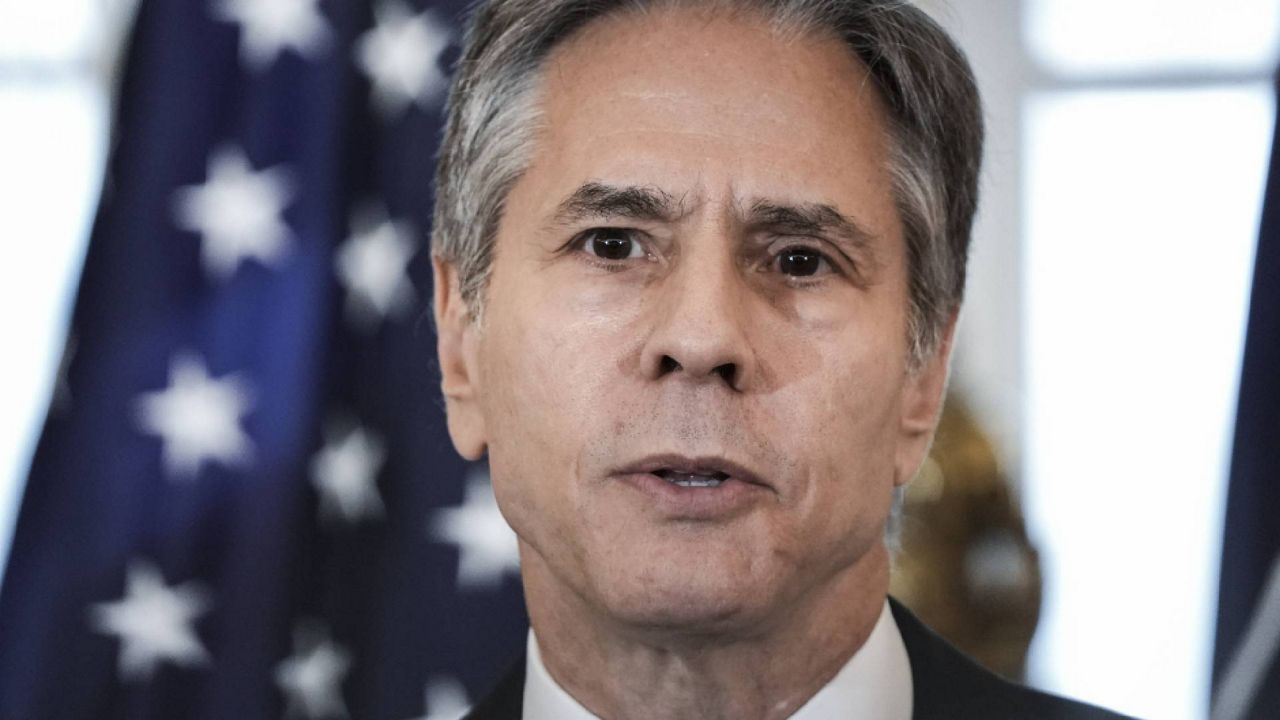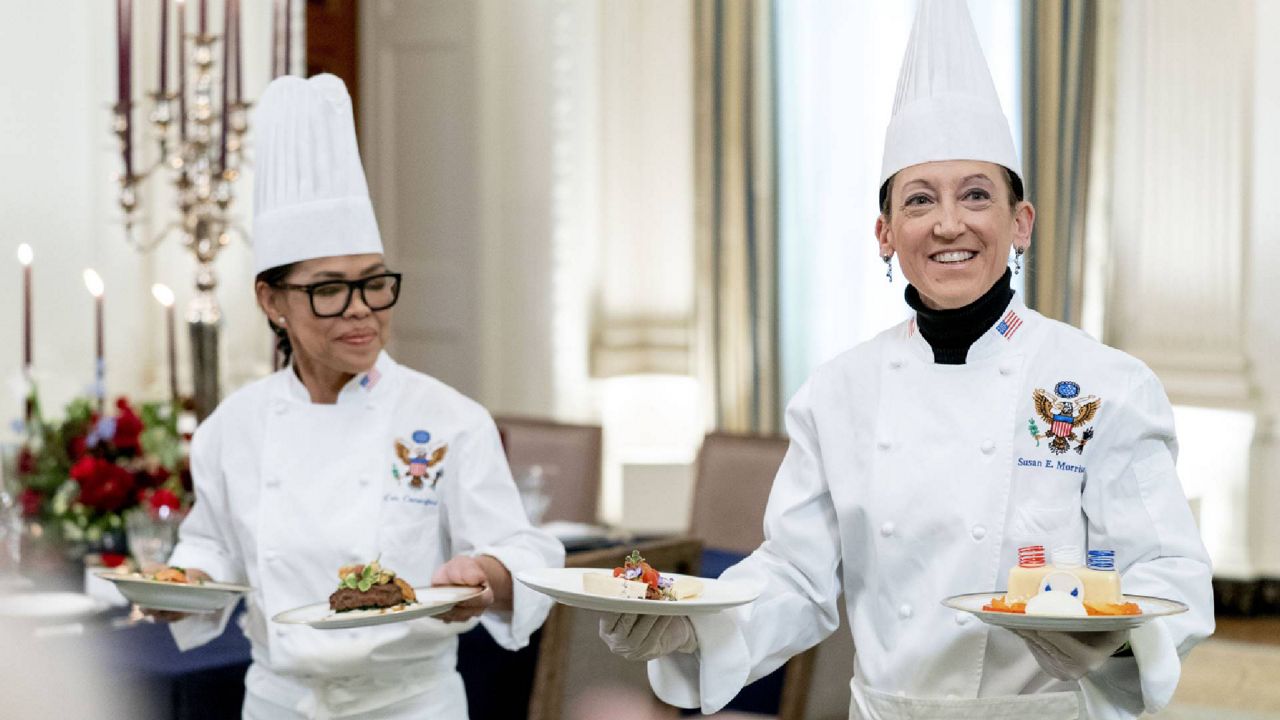The Biden administration’s cabinet-level task force to combat human trafficking convened for the first time on Tuesday for a conversation that included everyone from Vice President Kamala Harris to the leaders of departments – including homeland security, agriculture and transportation.
Secretary of State Antony Blinken led the President’s Interagency Task Force after the White House released its national action plan to fight trafficking in early December, building on a 2020 plan released by the Trump administration and continuing a bipartisan focus across administrations since the year 2000.
“Human trafficking erodes the rule of law, the safety of our communities, the security of our borders, the strength of our economy,” Blinken said. “Traffickers operate in virtually every country, including here in the United States.”
More than 11,000 instances of human trafficking were reported in the United States in 2020, according to the State Department’s most recent report, most commonly instances of forced labor including in restaurants, factories, agriculture, sex work, salons, drug smuggling, domestic work and more. The most vulnerable groups are migrants, women and girls, minorities and LGBTQ individuals.
Globally, nearly 25 million are subject to human trafficking while the ilicit industry generates about $150 billion in profits annually.
“Every agency has a role to play,” Blinken told the interagency task force, which is altogether made up of 20 different departments and agencies.
Vice President Harris, who worked on the issue as attorney general of California, opened the virtual gathering by recalling her visit to Calexico, Ca., where she saw tunnels near the U.S.-Mexico border used to transport drugs, guns and people.
“[Officials] described to me with tears in their eyes about children as young as five years old who are being trafficked through those tunnels,” Harris said Tuesday.
“When we're talking about human trafficking, we are talking about some human beings who are essentially buying and selling other human beings,” she added.
“As a nation, we must require serious consequences and accountability for those who commit these crimes. And we must work to stop these crimes before they happen.”
Harris pointed to the administration’s action plan on trafficking, which lays out a three-year approach to combating the shadow industry.
But after the previous national action plan was released in 2020, the State Department found that “the government did not take sufficient measures to address the factors, government policies, and conditions that increase historically marginalized communities’ risk to human trafficking, such as the exclusion of domestic and agricultural workers from legal worker protections.”
In addition, the U.S. began expelling migrants at the southwest border due to the pandemic in 2020, a policy that continues under President Joe Biden and that the State Department concluded “further marginalized communities overrepresented among trafficking victims, increasing their risk to human trafficking.”
Agriculture Secretary Tom Vilsack on Tuesday spoke about how migrants without documentation are more at risk.
“We also know that victims are less likely to go to the police if they are undocumented,” he said, highlighting a partnership to connect agricultural workers with U.S. Citizenship and Immigration Services in California, Texas, Central Florida and Pennsylvania, an effort Vilsack said they're “looking to expand significantly” in 2022.
Other cabinet members on Tuesday updated the broad-ranging council on their own department’s efforts:
Secretary of Homeland Security Alejandro Mayorkas spoke about how the Baltimore Police Department requested help from DHS special agents to investigate and prosecute a major drug and sex trafficker.
Secretary of the Interior Deb Haaland highlighted the Missing and Murdered Unit in the Bureau of Indian Affairs, a new divsion launched in 2021 to contribute law enforcement resources to investigate indigenous people who go missing, an area “where there has been a historical lack of resources and attention and where human trafficking is prevalent,” Haaland said.
The Department of Health and Human Services will launch its own task force on human trafficking, Secretary Xavier Becerra announced, which will in part focus on expanding victim services and expanding outreach to underserved communities.
And recognizing patterns in the flow of money is often “often the most effective way to catch” traffickers, said Treasury Secretary Janet Yellen, noting that “one of the best strategies we have for ending modern day slavery is following the money.”







